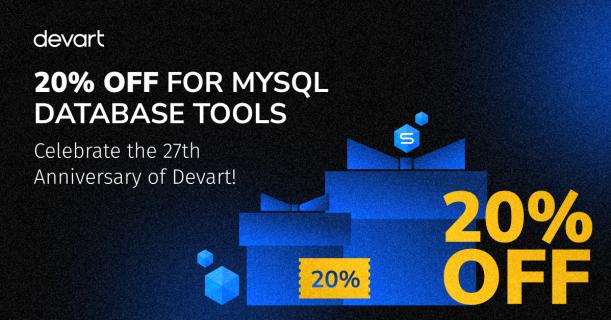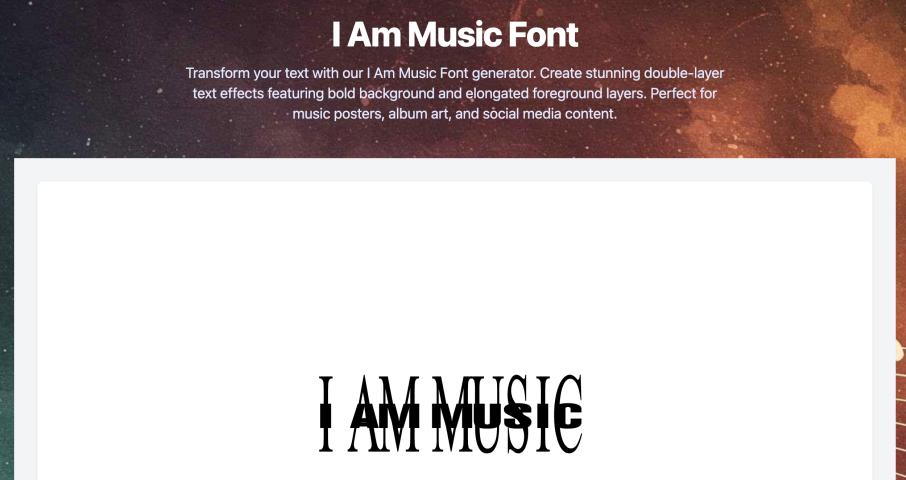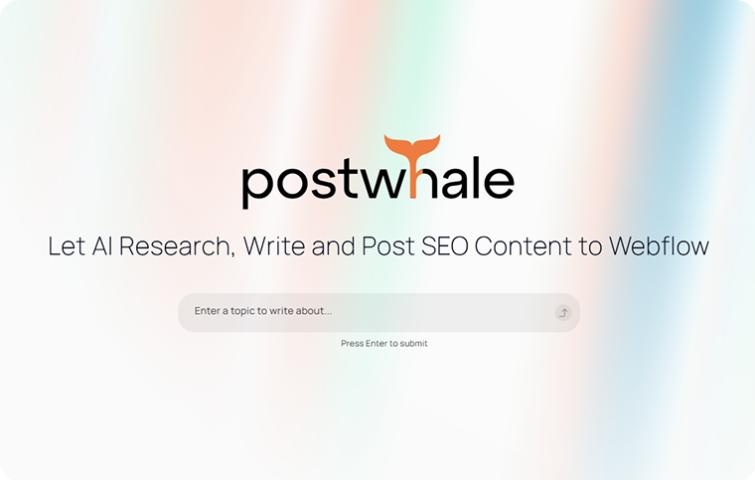Selecting the appropriate database management system (DBMS) is an important decision for startups, impacting scalability, efficiency, and costs. With a variety of DBMS options available, the choice often depends on your specific project needs. Here's an overview of the most popular systems and the projects they best suit:
Relational Databases: MySQL and PostgreSQL
Relational databases, such as MySQL and PostgreSQL, are excellent for projects that require structured data and strict consistency. These are ideal for e-commerce platforms, financial applications, or any use case where relationships between datasets are significant.
- PostgreSQL: Offers advanced features like support for complex queries and extensive indexing options, making it suitable for analytics-heavy applications.
- MySQL: Known for its simplicity and speed, it's often preferred for web applications and SaaS products.
NoSQL Databases: MongoDB and Cassandra
NoSQL databases shine in projects that demand flexibility and high performance for unstructured or semi-structured data.
- MongoDB: A document-oriented database, ideal for content management systems or applications needing fast iterations.
- Cassandra: Best for handling large-scale, distributed data, making it a favorite for IoT and big data applications.
Cloud Databases: AWS RDS and Google Firestore
Cloud-native databases reduce overhead and offer scalability, which is crucial for startups with unpredictable growth.
- AWS RDS: Provides managed solutions for various DBMS types, suitable for startups needing minimal maintenance.
- Google Firestore: A flexible, serverless option for real-time applications like chat apps or collaborative tools.
Graph Databases: Neo4j
For projects involving complex relationships, such as social networks or recommendation engines, Neo4j excels in visualizing and querying interconnected data.
Choosing the Best Fit
Evaluate your startup’s specific needs:
- Data Structure: Does your data fit neatly into rows and columns, or is it more dynamic?
- Scalability Requirements: Anticipate your growth and choose a DBMS that scales with your needs.
- Budget Constraints: Open-source databases like MySQL and PostgreSQL are cost-effective, while managed services may incur higher costs.
By aligning your project requirements with the right database system, your startup can achieve a robust foundation for success.

















